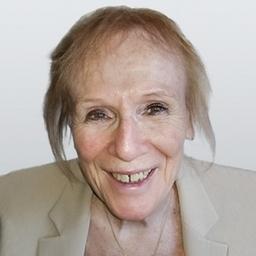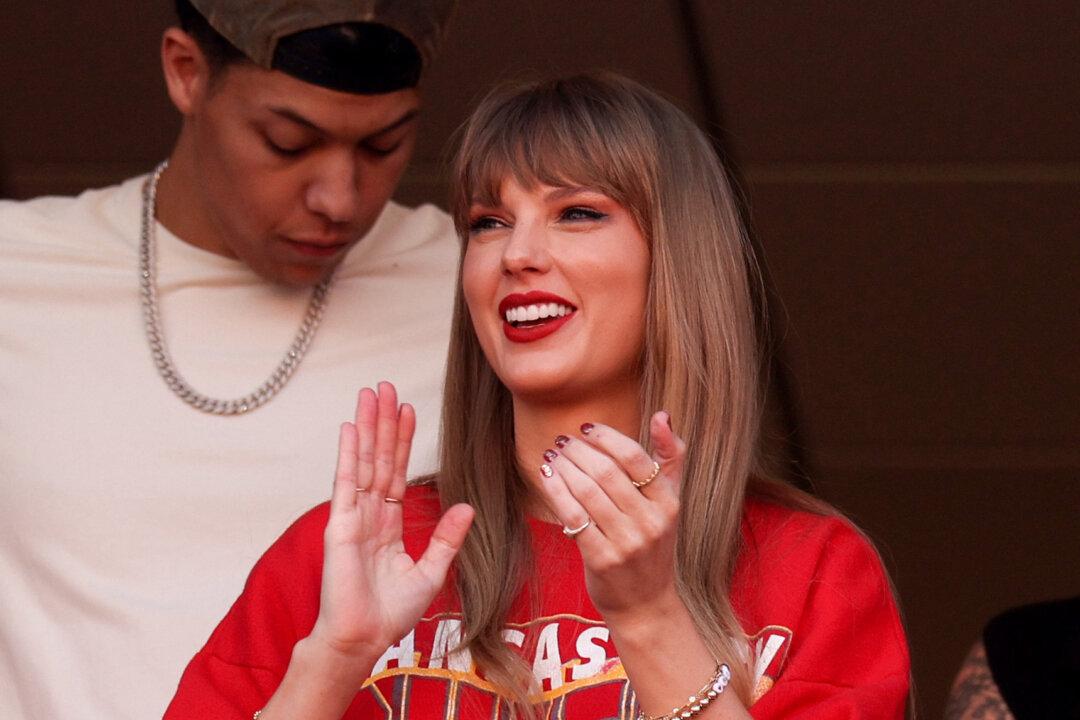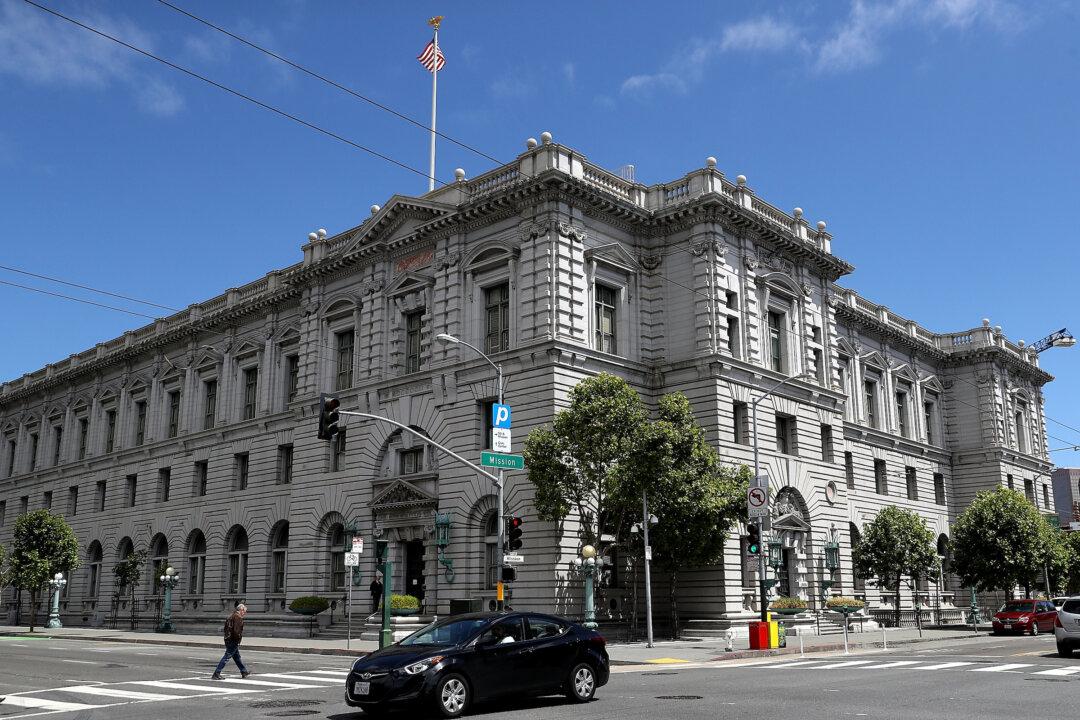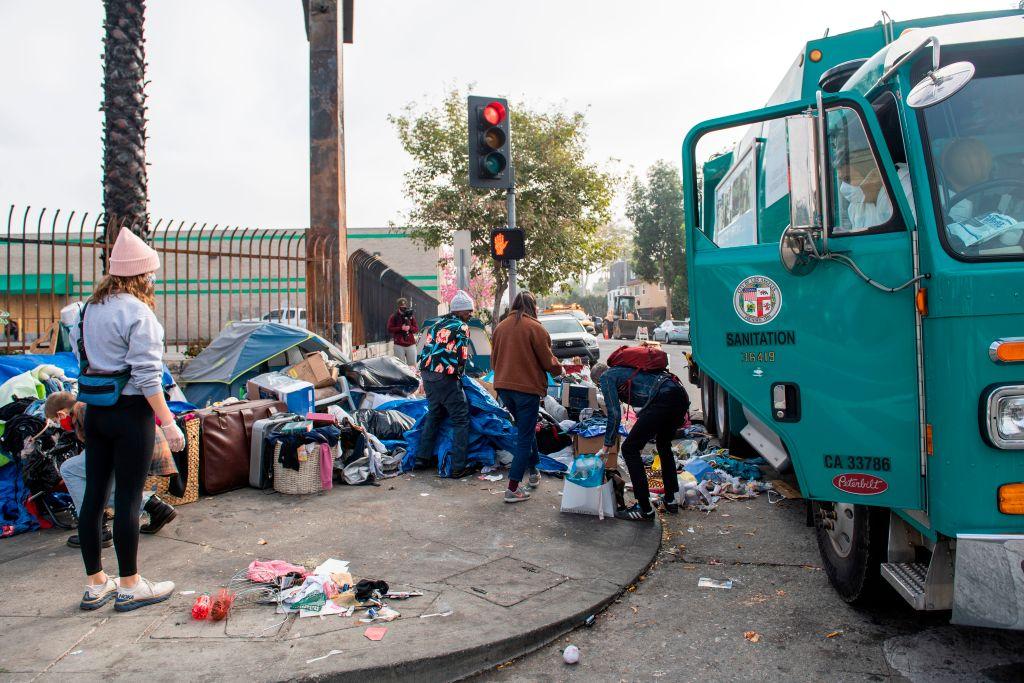Commentary
The American Booksellers Association (ABA) is a trade organization for America’s dwindling number of independent, non-chain bookstores. These community-based stores “serve a unique role in promoting the open exchange of ideas,” the ABA’s website declares.





